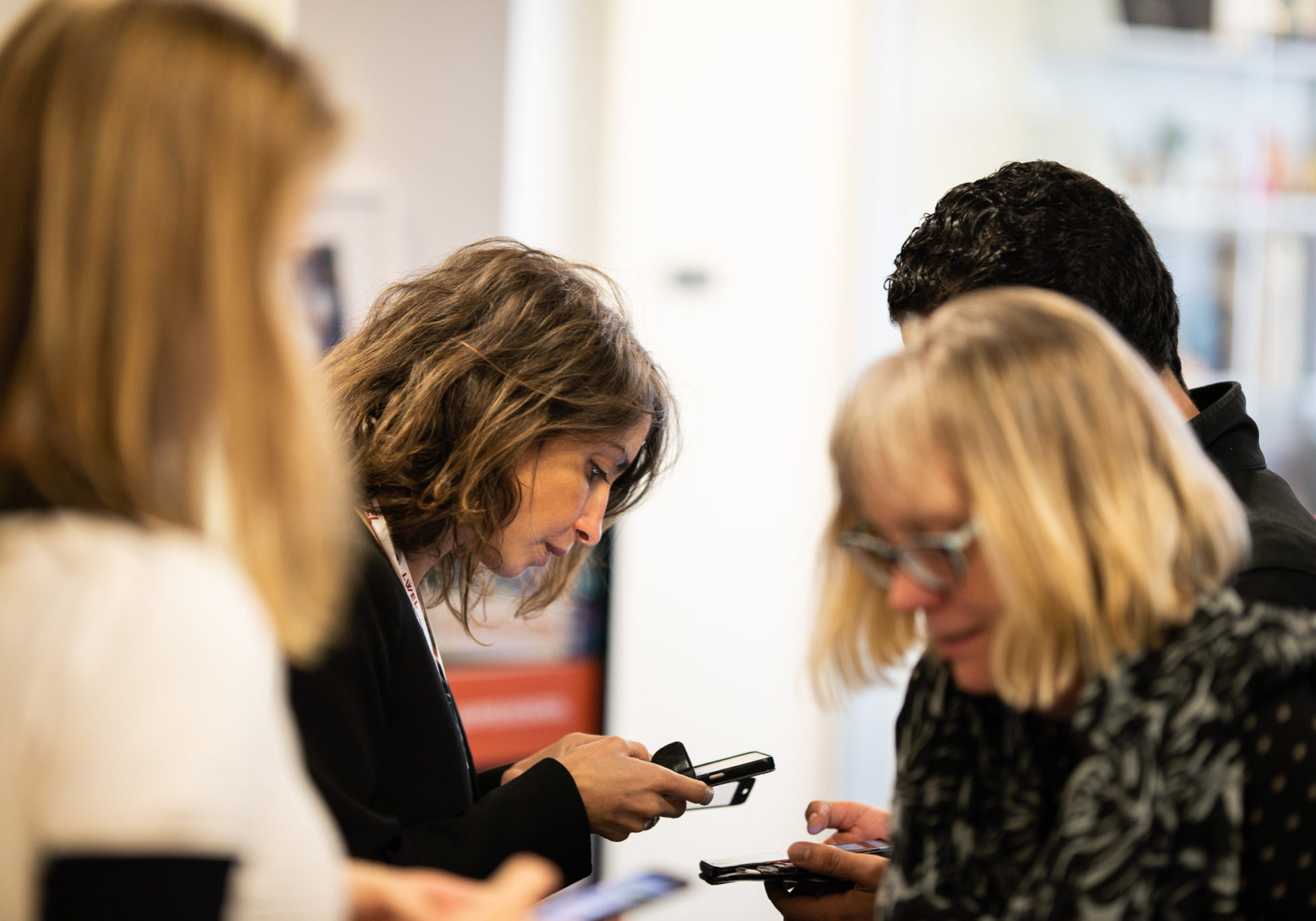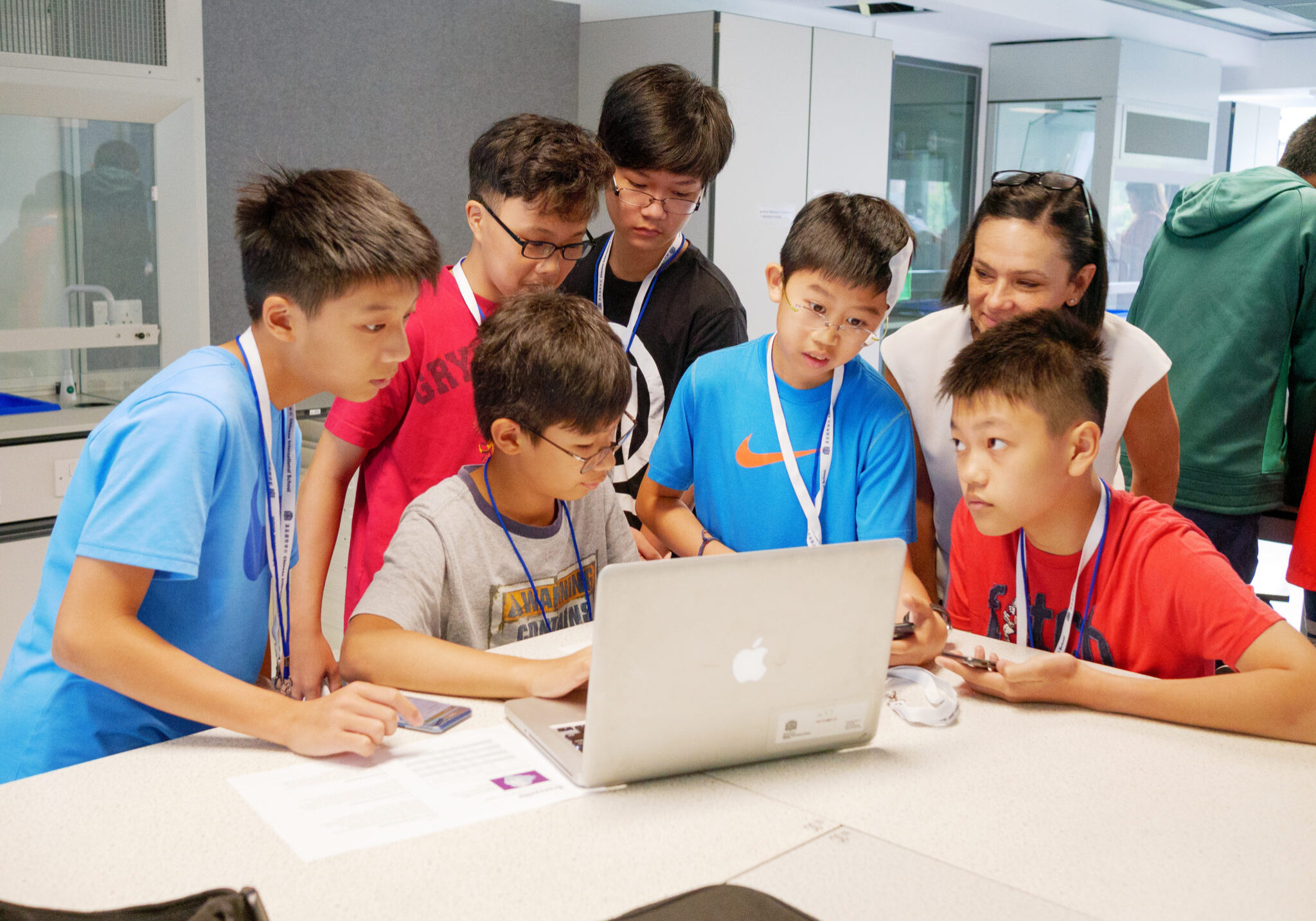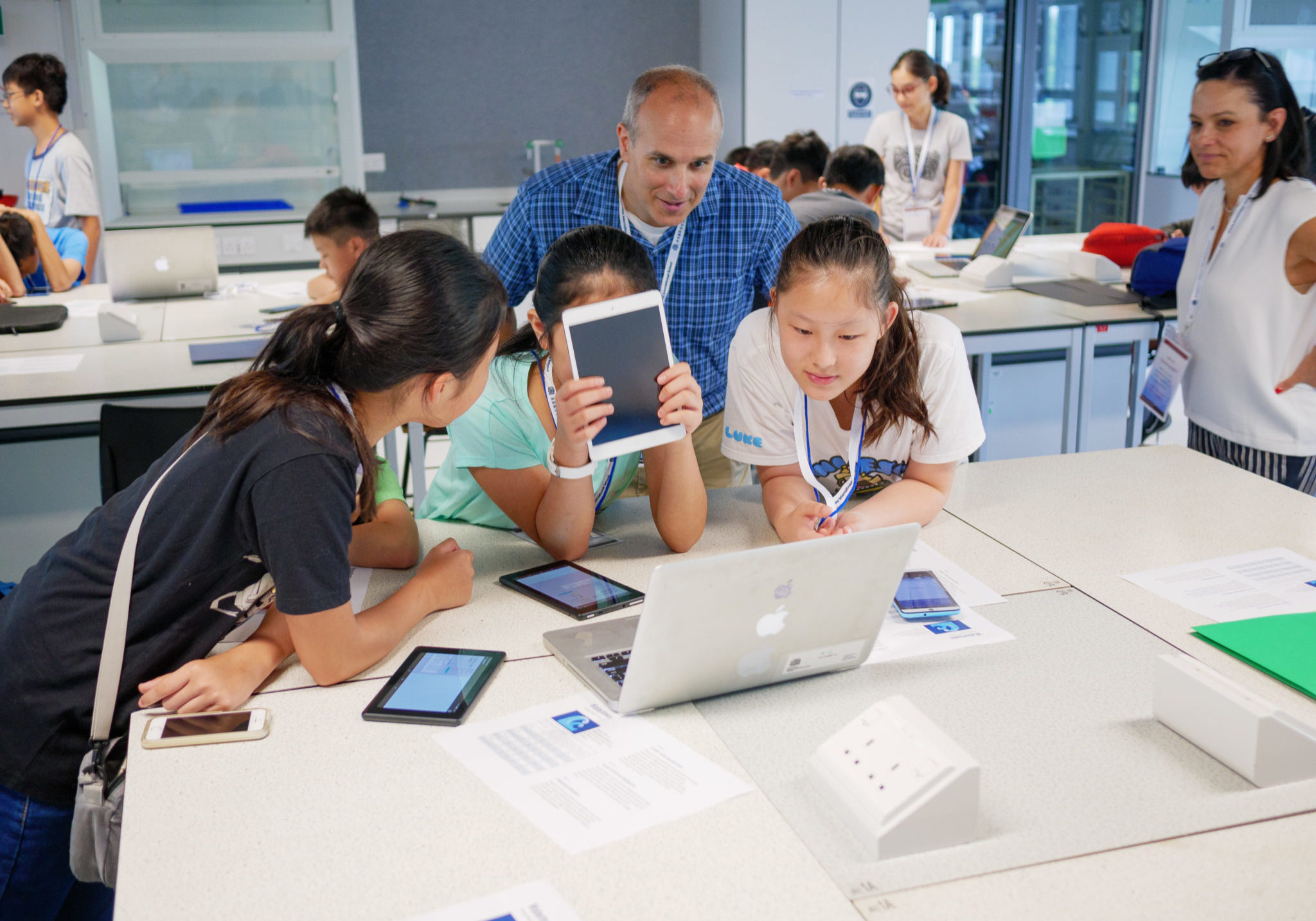Overview
The notion of complex systems is central to many of today’s most pressing societal challenges, from tackling climate change to developing new pharmaceutical drugs to understanding the spread of diseases. Yet these complex systems are often hard to understand in that they are difficult for teachers to represent and for learners to access and explore. To address this challenge, the MIT STEP Lab has developed a suite of mobile-device enabled activities called pSims, short for participatory simulations. These pSims leverage mobile devices (e.g., smartphones) to enable participants to engage in active, inquiry-based learning through their interactions with the simulation, and coordination and discussion with one another. Using simple interfaces and player actions, the gameplay experience is relatively straightforward for individual players. Yet the collective parsing of the experience provides information about the larger underlying systems. Recent work has involved creating pSim games addressing energy production and climate change (Energeo) and new models of adaptive biomedical innovation (ABI) in the Rx game. We are currently creating an updated version of the Virus Game (based on earlier research in our lab), which promotes scientific inquiry and allows participants to explore concepts relating to modeling and the spread of disease. Other examples of prior work in pSims included Live Long & Prosper (Mendelian genetics), Big Fish Little Fish (predator prey dynamics), and Tit for Tat (the Prisoner’s Dilemma).


Resources
Video Overview of PSims
New versions of
are now available to the public. These are designed on a new PSims platform for smartphones and tablets.
Please leave your feedback about the games HERE.
Research
Klopfer, E., Yoon, S., & Perry, J. (2005). Using palm technology in participatory simulations of complex systems: A new take on ubiquitous and accessible mobile computing. Journal of Science Education and Technology, 14(3), 285-297.
